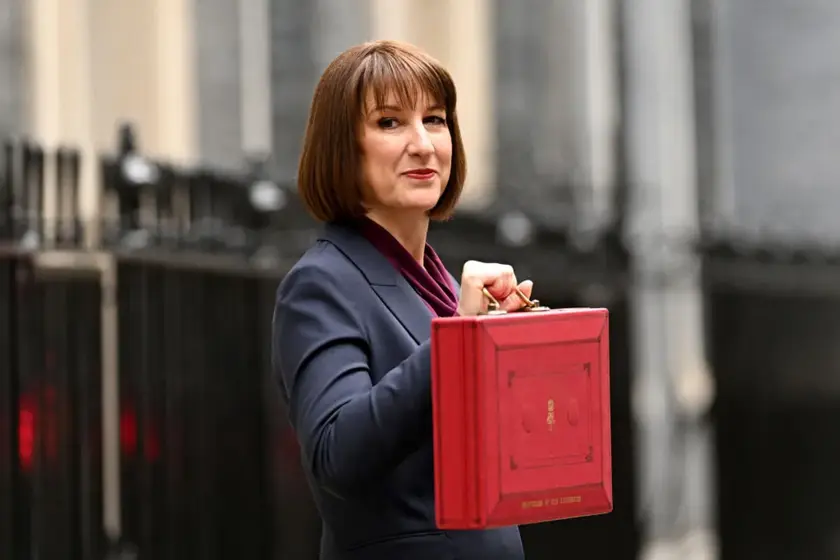T4K3.news
Reeves eyes broad tax hikes in Autumn Budget
Analysts weigh how much and where Reeves will raise taxes to fund public services.

An overview of potential tax measures and their political and economic implications as Labour outlines funding plans.
Reeves Signals Broad Tax Hikes Ahead of Autumn Budget
Chancellor Rachel Reeves is preparing a broad tax agenda for the Autumn Budget, aiming to raise revenue while defending a large public-spending plan. The government faces tight fiscal headroom and a mixed growth outlook, making tax rises the most likely route to fund services. The Office for Budget Responsibility has questioned some optimistic forecasts, underscoring the fragility of the headroom and the risk that policies could widen the gap between spending vows and revenue.
Analysts point to a wide menu of options that could be deployed over the coming years. Forecasts vary widely, with some predicting around £15bn to £25bn in new revenue and others suggesting the total could exceed £50bn. Potential measures span reform of pension tax relief, extending a freeze on income tax thresholds (a stealth tax in disguise), changes to VAT rules, inheritance and gift taxes, higher levies on banks and dividends, gambling duties, and even adjustments to fuel duty or immigration charges. Officials stress Reeves will try to avoid direct tax hits on working people, while the line between policy and politics remains thin as the budget looms.
Key Takeaways
"wealth taxes are daft"
Jonathan Reynolds denying wealth tax proposals
"strong economies need strong banks"
NatWest CEO defending higher bank taxes
"unfreezing fuel duties would be the wrong choice"
Reeves on fuel duty policy
"not raise taxes on working people"
Labour emphasising protection for lower earners
Two tensions shape the debate. There is a need to fund a large public-spending agenda, but there is also political risk in raising taxes, especially for voters and business leaders who seek predictability. If headroom continues to shrink, Reeves faces a choice between headline tax measures and subtler steps that might quietly shift the burden without immediate public backlash. The discussion reflects a broader question about how far Labour is willing to go to meet its fiscal promises while keeping markets confident, a balance many observers say will define the party’s credibility. International voices, including IMF and IFS analysts, have signaled that revisiting fiscal rules could be a path to restoring headroom, though such moves could unsettle bond markets and alter investor sentiment. The coming weeks will reveal whether the strategy prioritizes fairness and growth or invites political pushback and volatility in financial markets.
Highlights
- Taxes are the price of governance in uncertain times
- Headroom is shrinking, every policy choice counts
- Fairness must guide any wealth and VAT tweaks
- Grow the economy or risk higher debt
Political and budget risk ahead of the Autumn Budget
The piece centers on potential tax hikes within a high-stakes political environment. The choices could affect voters, businesses, and investors, and may test Labour’s manifesto commitments as well as market confidence.
The Autumn Budget will test how far voters trust promises to balance fairness with growth.
Enjoyed this? Let your friends know!
Related News
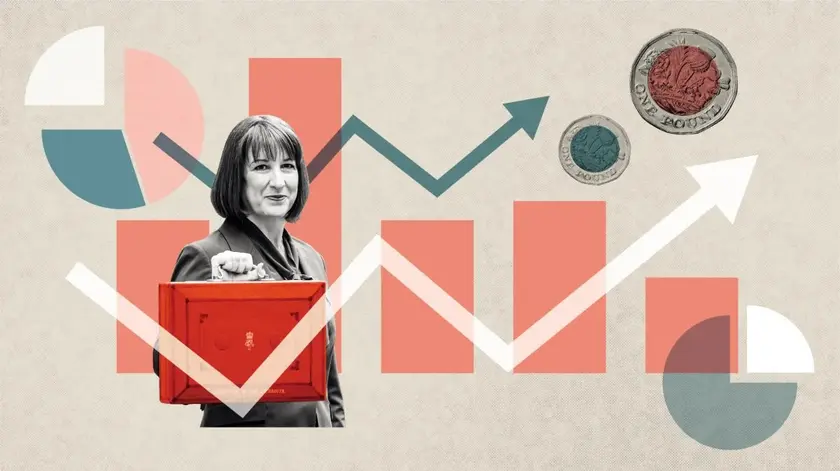
Autumn tax rise expected as forecasters differ
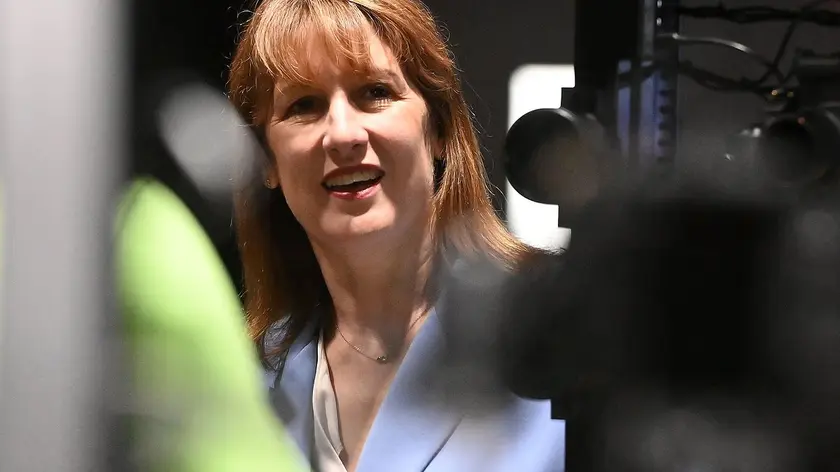
Inheritance tax changes eyed to fill £50bn gap
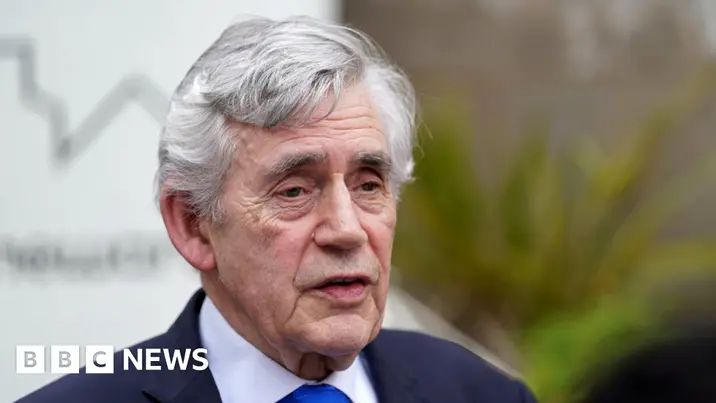
Gordon Brown calls for increased gambling taxes
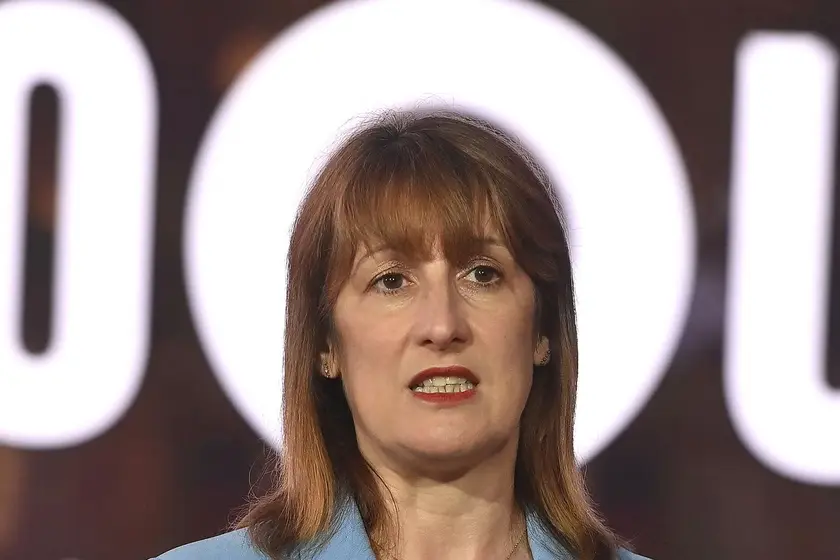
Treasury weighs inheritance tax reforms
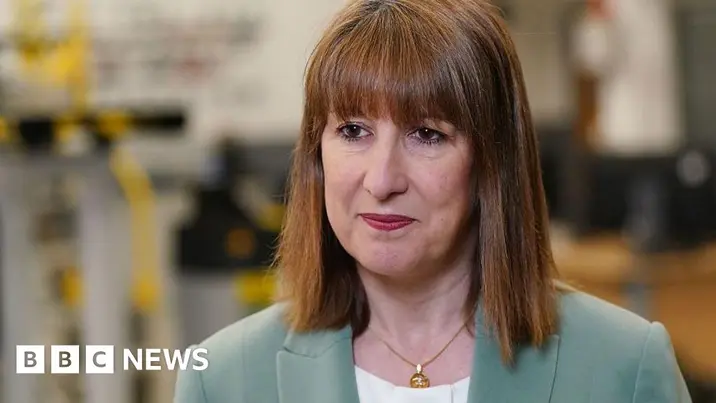
Government borrowing in UK rises significantly
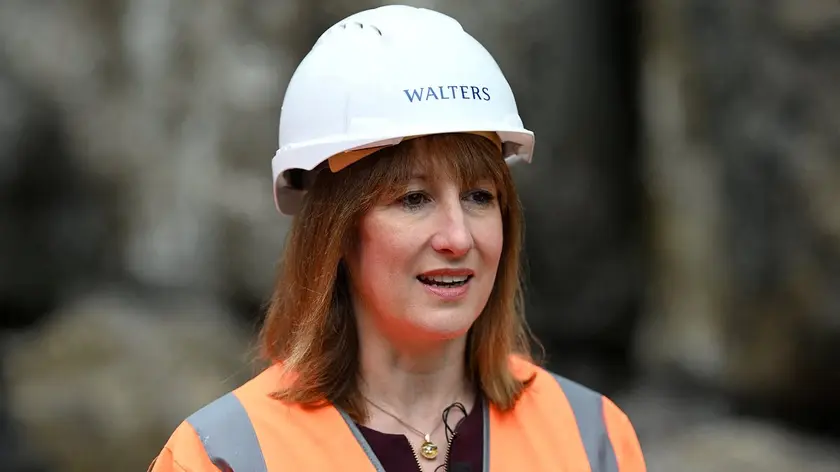
Reeves' tax policies push up food prices

Pubs Close Eight a Week

Government borrowing reaches record high
